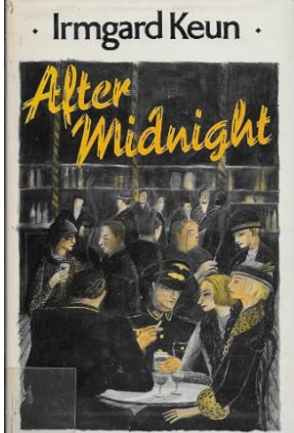Rebecca West - The Return of the Soldier
The setting is a country house in England, and the story is told by the cousin of the soldier who lives there with the wife of the soldier. The soldier, Christopher, has suffered shell shock and has lost his memory of the past fifteen years, and believes he loves a woman his wife does not know, a woman who is regarded as low class.
It incorporates ideas about class, psychology, loss, ethical dilemmas and how people reveal themselves in a crisis. And, of course, the impact of war.
Rebecca West was also a journalist, literary critic and essayist. Her acclaimed non-ficton works include 'Black Lamb and Grey Falcon: A Journey Through Yugoslavia' (1941), which combines travel writing, history, political and cultural analysis, and 'A Train of Powder' (1955) about Britain's foreign policy between the wars and what it meant for international relations. She was smart. And confident. And wrote what she wanted.
Other essay topics:'The Duty of Harsh Criticism' (1914): In this essay, West argues for the importance of critical thinking and evaluation, even if it means being harsh or unpopular.
'Indissoluble Matrimony' (1919): In this essay, West critiques the traditional concept of marriage as a lifelong, monogamous union between a man and a woman. (Clementine Ford is doing nothing new!)
'The Strange Necessity' (1928): This essay is a critique of romantic love and the ways in which it can be used to justify destructive behavior
'The Meaning of Treason' (1949): This essay explores the concept of treason and its implications for democracy and national security.
'The Duty to Speak Ill' (1952): In this essay, West argues that it is important to criticize public figures and institutions in order to hold them accountable and improve society.
'The Woman Writer and the Nineteenth Century' (1934): This essay examines the role of women writers in the 19th century and their struggle for recognition and respect in a male-dominated literary world. (We cover women's writing over and over - forget and remember, forget and remember...)
She had a son to H.G. Wells.
Her famous quote is “I myself have never been able to find out precisely what feminism is: I only know that people call me a feminist whenever I express sentiments that differentiate me from a doormat, or a prostitute.”
Read more here https://slate.com/human-interest/2012/12/rebecca-west-great-feminist-and-essayist.html



Comments
Post a Comment